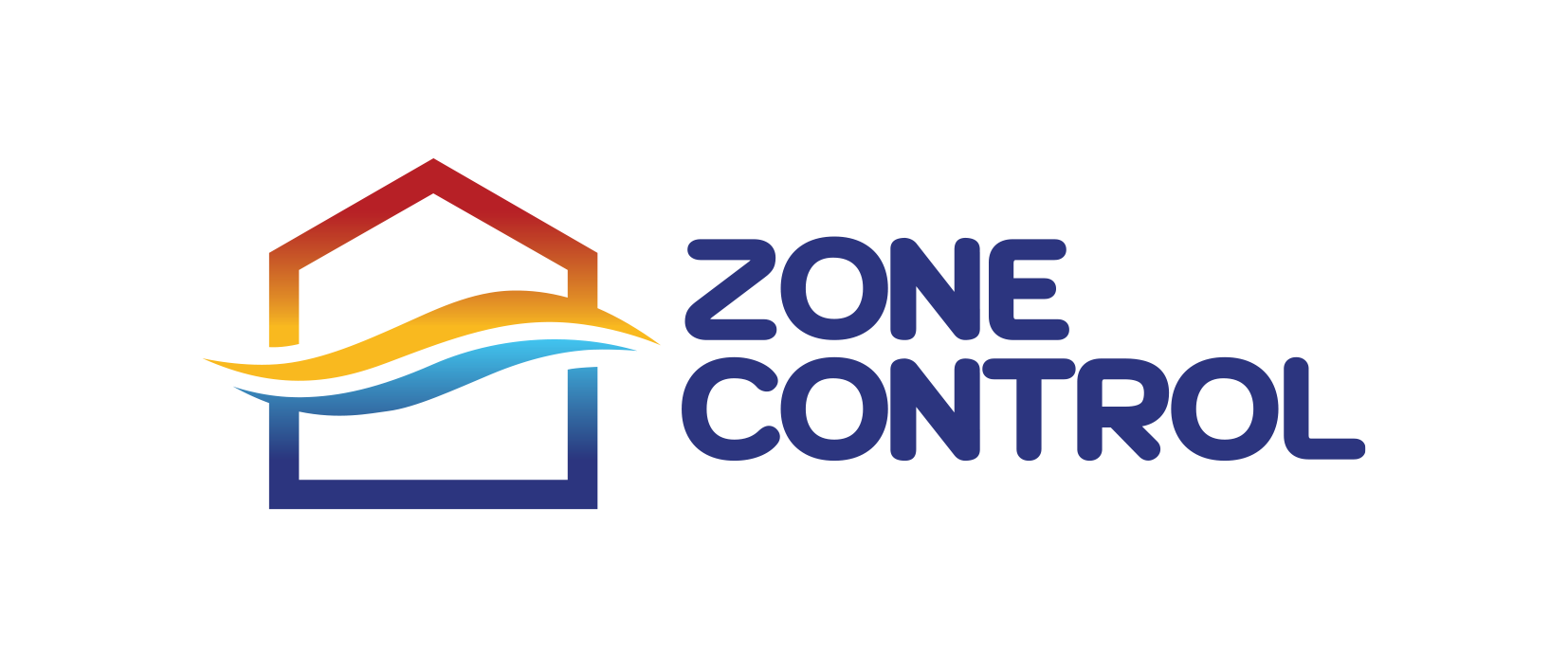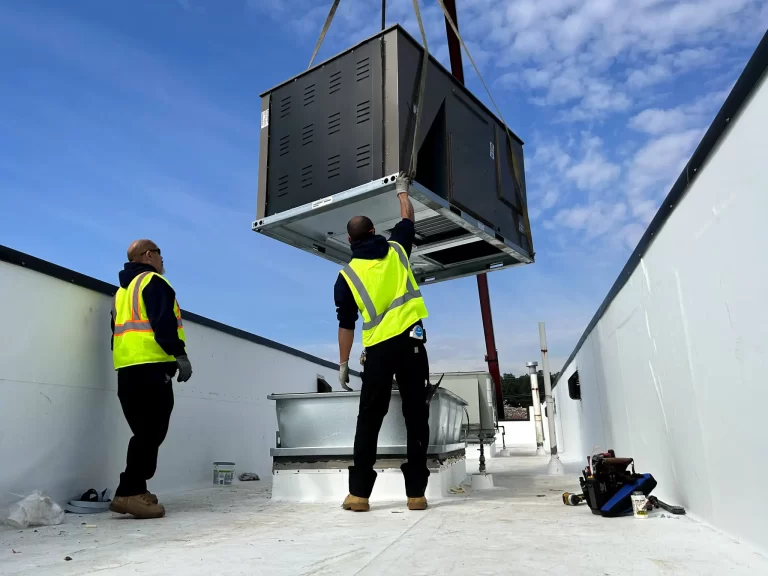Indoor air quality (IAQ) is a significant aspect of our overall well-being. The air we breathe within the confines of our homes plays a crucial role in our health, comfort, and productivity. Centreville, a vibrant city in Virginia, is no exception to the challenges posed by indoor air pollutants. Understanding the importance of good indoor air quality and knowing how to assess and improve it are key steps in creating a healthy living environment.
Understanding Indoor Air Quality
Indoor air quality refers to the quality of the air inside buildings and structures, particularly as it relates to the health and comfort of the occupants. It is important to understand and address indoor air quality issues as we spend a significant amount of time indoors, especially in our homes and workplaces.
The Importance of Good Indoor Air Quality
Poor indoor air quality can have adverse effects on our health. It can cause or worsen respiratory problems, allergies, and asthma. Breathing in air that is contaminated with pollutants can irritate the respiratory system, leading to coughing, wheezing, and shortness of breath. Additionally, exposure to indoor air pollutants may lead to headaches, fatigue, and other health issues, affecting our overall well-being and quality of life.
On the other hand, good indoor air quality promotes a healthy and comfortable living environment. Clean air is essential for our respiratory system to function optimally, allowing us to breathe easily and deeply. It can also improve our sleep quality, enhance cognitive function, and boost productivity. Therefore, it is crucial to take measures to ensure that the air we breathe indoors is of high quality.
Common Indoor Air Pollutants in Centreville
Centreville, like any other modern city, is not immune to indoor air pollutants. There are various sources of indoor air pollutants that can affect the air quality in our homes and buildings.
Dust mites, microscopic creatures that thrive in warm and humid environments, are a common source of indoor air pollution. Their feces and body parts can become airborne and trigger allergies and asthma symptoms in sensitive individuals. Pet dander, another common indoor air pollutant, refers to the tiny particles of skin shed by pets such as cats and dogs. These particles can also cause allergic reactions and respiratory issues.
Mold is another significant contributor to poor indoor air quality. It can grow in damp and poorly ventilated areas, such as bathrooms and basements. Mold spores released into the air can cause respiratory problems and allergic reactions when inhaled.
Pollen, a common outdoor allergen, can also find its way indoors and impact indoor air quality. When windows and doors are open, pollen can enter our homes and trigger allergies in susceptible individuals.
Volatile organic compounds (VOCs) are chemicals emitted as gases from various products, including cleaning supplies, paints, and furniture. Prolonged exposure to VOCs can lead to eye, nose, and throat irritation, as well as headaches and dizziness.
Tobacco smoke is a well-known indoor air pollutant that can have severe health effects. Secondhand smoke contains thousands of chemicals, many of which are known to be carcinogenic. Inhaling secondhand smoke can increase the risk of respiratory infections, asthma attacks, and even lung cancer.
Inadequate ventilation can also contribute to the buildup of indoor air pollutants. When there is insufficient fresh air exchange, pollutants can accumulate indoors, further exacerbating the problem. Proper ventilation is crucial to maintaining good indoor air quality.
Understanding the common sources of indoor air pollutants in Centreville is the first step towards improving indoor air quality. By addressing these sources and implementing effective strategies, we can create a healthier and more comfortable environment for ourselves and our loved ones.
Assessing Your Indoor Air Quality
Signs of Poor Indoor Air Quality
Recognizing the signs of poor indoor air quality is essential for taking appropriate measures. Symptoms such as frequent allergies, breathing difficulties, musty odors, and excessive dust accumulation are red flags. If you experience any of these symptoms, it is crucial to assess your indoor air quality as soon as possible.
Professional Air Quality Testing
Professional air quality testing is a thorough and scientific approach to evaluating the air in your home. Trained experts can identify and measure various pollutants, such as particulate matter, VOCs, and humidity levels. By utilizing specialized equipment and techniques, they provide accurate data that can help in devising effective air quality solutions.
Solutions for Improving Indoor Air Quality
Air Purification Systems
Air purification systems are designed to remove contaminants from the air, ensuring cleaner and healthier indoor environments. These devices can capture particles, allergens, and even microscopic toxins, alleviating respiratory issues and improving overall air quality. Options range from portable air purifiers to whole-house systems, each catering to specific needs.
Humidity Control Solutions
Maintaining optimal humidity levels in your home is crucial for reducing the growth of mold, bacteria, and dust mites. Humidity control solutions, such as dehumidifiers and humidifiers, can help achieve and maintain ideal humidity levels, promoting better air quality and preventing potential health hazards.
Ventilation Improvements
Proper ventilation is crucial in removing stale air and introducing fresh air into your home. Upgrading and optimizing your ventilation system can significantly improve indoor air quality. Consider installing energy-efficient exhaust fans, opening windows regularly, and utilizing kitchen and bathroom ventilation to enhance air circulation throughout your home.
Maintenance for Sustained Air Quality
Regular HVAC System Checks
Maintaining your HVAC system is vital for sustaining good indoor air quality. Regular professional inspections and maintenance checks ensure that your system operates efficiently, reducing the risk of indoor air pollutants. HVAC technicians can clean and replace filters, inspect ductwork, and address any potential issues that may impact air quality.
Importance of Air Duct Cleaning
Air ducts can harbor dust, mold, and other contaminants that directly affect indoor air quality. Regular air duct cleaning can remove these accumulations and prevent recirculation of pollutants throughout your home. By ensuring clean and well-maintained air ducts, you can improve the overall air quality for you and your family.
Choosing the Right Air Quality Solution for Your Home
Factors to Consider
When selecting an air quality solution for your home in Centreville, it is essential to consider various factors. These include the size of your home, specific air quality concerns, budget, and long-term maintenance requirements. Consulting with air quality experts can help you navigate these factors and make an informed decision.
Consulting with Air Quality Experts
Choosing the right air quality solution can be overwhelming. Fortunately, air quality experts are available to provide guidance and expert advice. By assessing your specific needs and considering various factors, these professionals can recommend tailored solutions that maximize indoor air quality and create a healthier living environment.
In conclusion, Centreville residents can take proactive steps to ensure better indoor air quality. By understanding the significance of good indoor air quality, assessing potential issues, and implementing appropriate solutions, we can create a healthier and more comfortable living space. Consulting with air quality experts and following regular maintenance practices will help sustain the benefits of improved indoor air quality for the long term.


